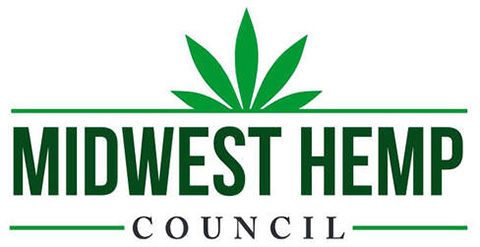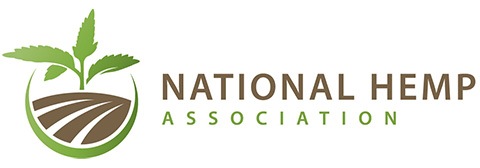
CBD product sales saw some improvements in the final period of 2022, but overall the market landscape remains difficult. All three companies tracked here posted roughly 20% downturns in annual sales from 2021 to 2022.
On the hemp-derived THC product front, sales also appear to be stabilizing and in some cases slowing. But, given our limited picture of the market, this is likely due to increased competition and lower prices, rather than an overall decline like the one seen in the CBD sector.
CBD Company Sales Revenue Largely Stabilizes in Q4; 2022 Sales Down Sharply
Charlotte’s Web (CW) reported $18.9 million in revenue for Q4 2022, down 24% year-on-year but up 11% from the previous quarter. For 2022 as a whole, CW tallied $74.2 million in revenue, down 23% from $96.1 million in 2021. The company’s press release notes that both online sales to consumers and wholesale sales to retailers were down compared to the prior year, noting “some [retail customers] have reduced total shelf space for CBD products.” The sequential increase in revenue was attributed largely to holiday sales demand.
CV Sciences also saw a sequential increase in sales in Q4 2022; they rose by 3% to $3.9 million. However, for 2022 as a whole CV Sciences generated $16.2 million in revenue, down 19% from just over $20 million in sales in 2021. According to the company, “The decline is primarily due to lower retail sales in our retail channel, mostly resulting from reduced sales to independent natural product retailers and FDM accounts. The total number of units sold during 2022 decreased by 22%, partially offset by increases in average sales price per unit in the second half of 2022.”
In our prior update on CBD sales, we did not include cbdMD, as they had not published Q3 2022 financial results at the time of publication. cbdMD posted revenue figures of $8.44 million in Q3 2022, down 5% from the prior quarter and down 14% year-on-year. For Q4, the company’s sales came in at $6.24 million, off 26% sequentially and down 37% from Q4 2021. 2022 sales reached $33.5 million for cbdMD, down 23% from $43.47 million in 2021.
CBD firms had been hoping that the U.S. Food and Drug Administration (FDA) would allow CBD to be regulated and marketed as a dietary supplement and food additive. However, those hopes were dashed early this year, when FDA announced that it would need to work with Congress on finding a new regulatory pathway for CBD products. Even if legislation to do so is passed into law this year, whether on its own or as part of the 2023 Farm Bill, rulemaking will be required to implement it. Consequently, the unfavorable regulatory aspect of the CBD market will certainly persist through 2023 and into 2024 even if legislation favorable to the industry becomes law.
Hemp-THC Sales Steadying as Sector Persists Despite Uncertainty
We have previously noted that cbdMD introduced intoxicating hemp-derived THC products last year, specifically those containing delta-9 THC. While the company had touted the products in press releases prior to Q4 2022, saying that they were seeing “strong sequential monthly category growth,” any mention of hemp-THC products was conspicuously absent from cbdMD’s Q4 2022 earnings release. Given the overall erosion in sales for cbdMD in Q4, we can assume that the company’s THC products did not perform particularly well in the most recent period.
LFTD Partners Inc., a publicly-traded company that manufactures and sells hemp-derived THC and other products, bounced back from two consecutive sequential revenue decreases to post sales of $11.31 million in Q4 2022, up less than 1% from the prior quarter, but down 12% year-on-year. This is the first time that LFTD has posted an annual decline in quarterly revenues after sales took off in mid-2021. Overall for 2022, however, LFTD’s sales for the year reached $57.41 million, an increase of 81% from $31.65 million in sales in 2021.
We have pointed out in previous reports that our window into the hemp-THC product market is limited due to very few companies reporting publicly, along with a general tendency toward reticence in a sector that is still arguably operating in a legal gray area. Despite the uncertain legality, many additional companies have entered the space, increasing competition and driving down prices. As a result, slowing sales reported by the firms highlighted here does not necessarily signal that the sector as a whole is plateauing or contracting. Still, it is undeniable that new entrants will be unlikely to see the meteoric growth that early entrants like LFTD experienced from 2021 through the first half of 2022.
Related Articles:
- April 2023 Hemp Spot Price Index Report (April, 26, 2023)
- Will Minor Cannabinoids Become a Major Market? (March 15, 2023)
- FDA’s CBD Announcement Rankles Industry, Leaves Hemp Cannabinoid Sector in Limbo (February 1, 2023)
- What Are the Most Recent Trends in Hemp CBD & THC Sales (November 30, 2022)


